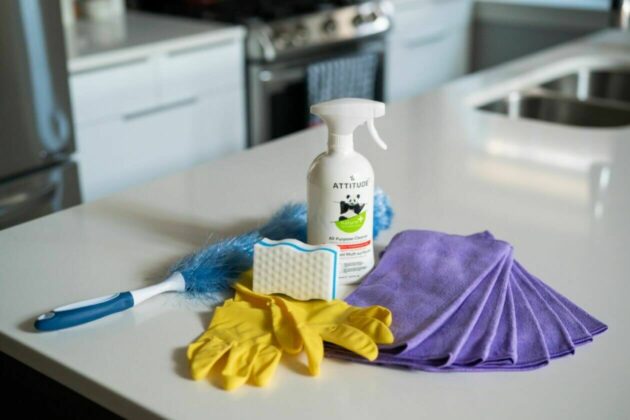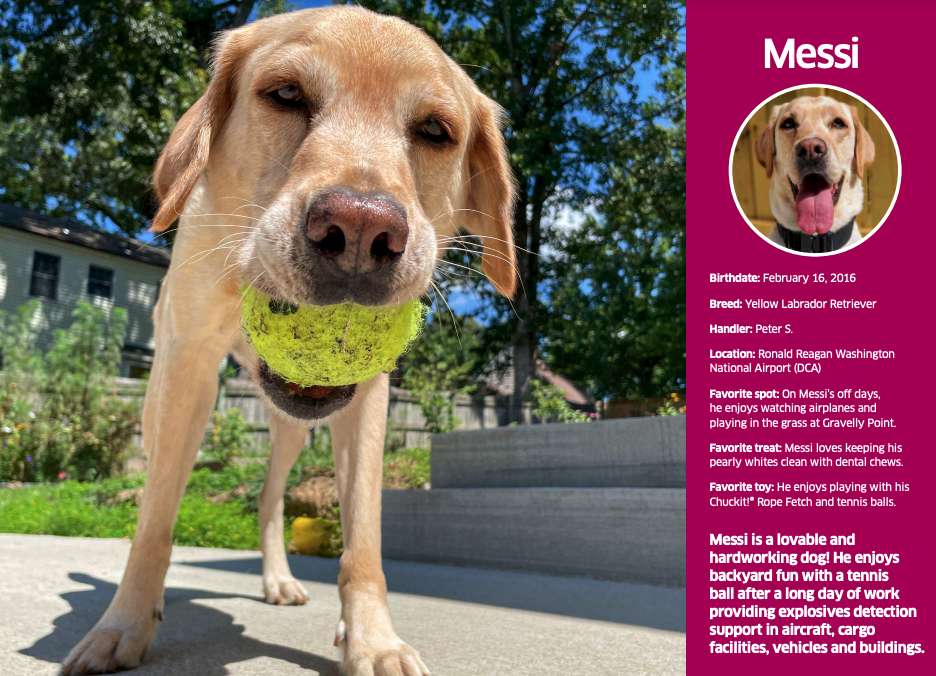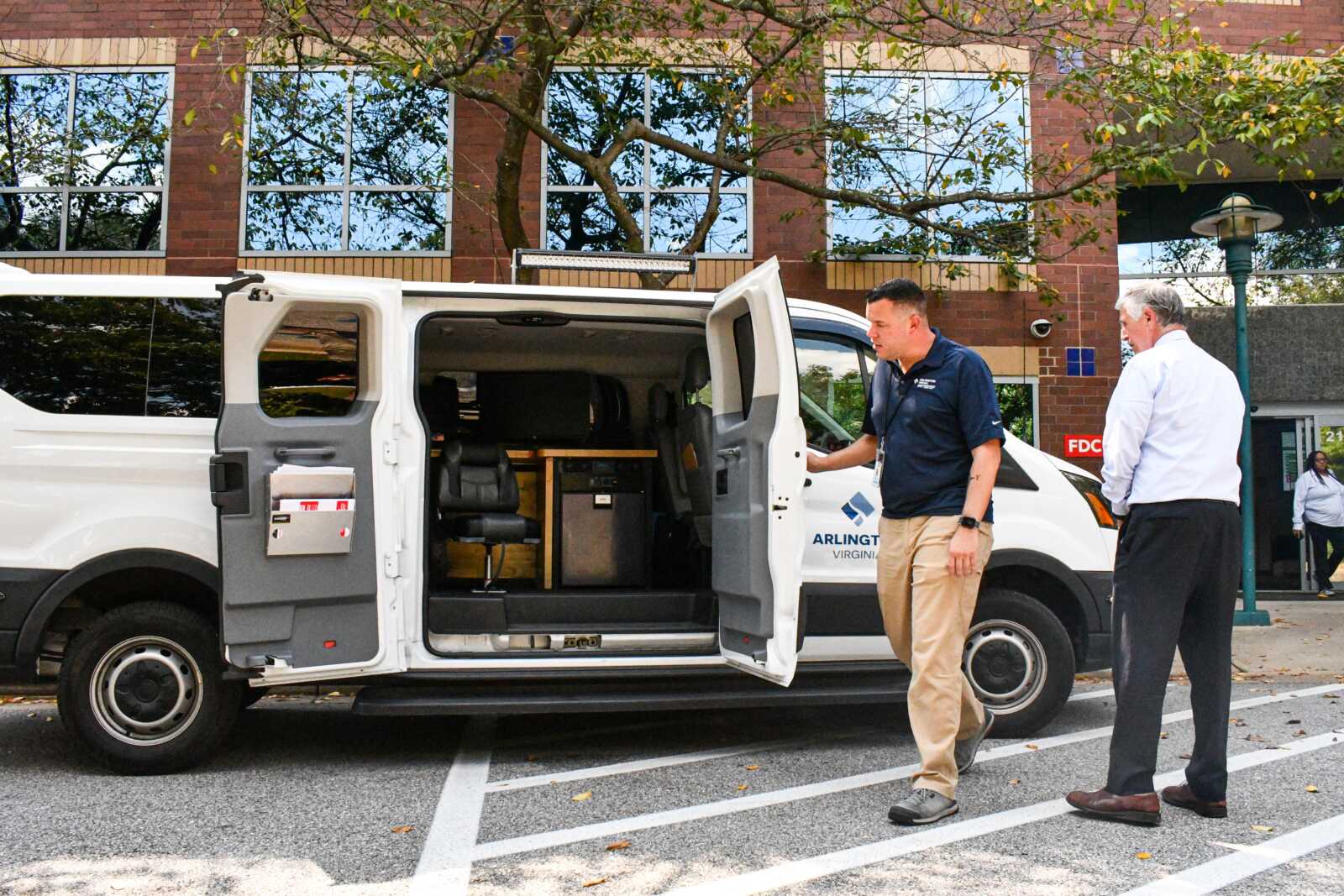
Editor’s Note: This sponsored column is written by Nick Anderson, beermonger at Arrowine (4508 Lee Highway).
After our tour of beer styles common to most of the world, we’ve arrived at the beers of Germany. Germany has one of the richest and most celebrated beer histories in the world; it’s perhaps the country most responsible for establishing beer’s presence all over the world. German beer isn’t without controversy, however. I can attest to the decline of interest in German beers over the past few years among American craft beer drinkers, and as a result have stopped stocking them as much as I once did. I hear both sides of this; from those who love German beer and wish I had more to offer, and those who perceive German beer as boring or too traditional in the era of beer experimentation. Today, before getting into the specific German styles as we normally would, we’re going to look at the law that both established German beer and in many eyes holds its development back in the modern era: the Reinheitsgebot.
The Reinheitsgebot recently celebrated its 496th anniversary on April 23. In its original form, it stated that beer could only be brewed using water, barley, and hops. Note the lack of wheat or rye: the intent of the original law was to eliminate competition for those grains so that bread makers would be able to produce enough product to keep it affordable. Yeast is not mentioned either, as it wasn’t until the 19th Century that scientists would first discover microscopic organisms and then later come to understand yeast and its role in brewing.
With the Reinheitsgebot in place, Pilsners came to dominate German brewing. As Germans immigrated they brought their brewing traditions with them; this was the rise of Lagers as the most popular and commonly brewed beers on Earth. Without the Reinheitsgebot there is no Bud, no Miller, no Coors, no Stella, no Brahma, VB, Molson, Sapporo, Singha—you get the idea. The Germans made a lot of Pils, got really good at it and then spread all over the world teaching others how to be really good at it.
What about Hefeweizen, you ask? Well, Wheat Beers are not allowed under the Reinheitsgebot, but later revised German beer laws (most notably the post-reunification Vorläufiges Biergesetz of 1993) would expand permissible ingredients to include different types of malt and even sugar in Ales. Some breweries today claim their Hefe to be made under the Reinheitsgebot, but this technically is not true — those beers are okay by the standards of the current laws in place, not the original document.
So what relevance does a 500-year old law have today in the face of a global beer market dominated by countries where regulations are less strict, if they exist at all? This is the great debate today when it comes to Germany. Many see German beer as holding too firmly to its traditions and losing its place as a powerhouse beer producer because of it. I can see the merits of this argument if you’re solely looking at the most popular exports of Germany, but like all things some deeper consideration is required. For one, I believe creativity can often flourish when one is working under certain parameters, and Germany is coming around to realizing this. The most well-known example is likely Infinium, the joint effort of Sam Adams and Weihenstephaner, the world’s oldest continually-operating brewery. Working within the Reinheitsgebot, Infinium drinks more like a Champagne than a beer and is completely unexpected from this most traditional of German breweries.
Even in Hefeweizen-style beers, innovation is happening. Schneider and Brooklyn breweries got together to produce a Hefe that featured the kind of hop character more typically seen in American Pale Ales or IPAs. The result was a hit, and a shot across the bow of those who argue that Germany has become too stale, too fixed to be interesting today. But even without the intervention of American brewers, there are so many different German styles that we as Americans haven’t even fully learned to appreciate yet: Schwarzbier, Rauchbier, Dopplebock, Weizenbock, Eisbock, Kolsch, Berlinerweisse… we’re going to get into all of these and more over the next few weeks. Hopefully by the time we’re done with Germany, we can all agree that these styles are all vibrant and worthy even today; perhaps even more so for their long histories having given brewers decades or even centuries to perfect them. In this is the Reinheitsgebot’s relevance in the 21st Century. Until next time.
Cheers!
Nick Anderson keeps a blog at www.beermonger.net, and can be found on Twitter at @The_Beermonger. Sign up for Arrowine’s money saving email offers and free wine and beer tastings at www.arrowine.com/mailing-list-signup.aspx. The views and opinions expressed in the column are those of the author and do not necessarily reflect the views of ARLnow.com.
Recent Stories

The Award is available to recent high school graduates and non-traditional students (see the application for more details). Each recipient may be awarded up to $20,000. Applicants are required to submit an online application form as well as a short video application.
The applicant must be an Arlington resident pursuing a career or technical education accredited program, within a high-growth career, that will be completed within two years.
The careers and programs include, but are not limited to:
-
Audio, Video, and Sound Engineering Technicians
-
Broadcast Technicians
-
Commercial Drivers
-
Culinary Arts
-
Early Childcare Education
-
Healthcare
-
Information Technology and Computer Science
-
Manufacturing and Skilled Trades (including welding, auto and aviation mechanics and technicians)
-
Public Safety

Unlike our competitors, Well-Paid Maids doesn’t clean your home with harsh chemicals. Instead, we handpick cleaning products rated “safest” by the Environmental Working Group, the leading rating organization regarding product safety.
The reason is threefold.
First, using safe cleaning products ensures toxic chemicals won’t leak into waterways or harm wildlife if disposed of improperly.
Second, it’s better for you and your family. Fragrant chemicals in surface cleaners can expose you to a similar amount of pollutant particles as a busy city road, New Scientist reported.
ACFCU’s Free Homebuying 101 Webinar: Steps to Getting Pre-Approved
Are you ready to jump into homeownership, or have you started considering it but don’t know where to start?
Financial preparation is key when thinking about purchasing your first home and the first step to getting pre-approved. Join ACFCU for
Sweeney Todd
A victim of a gross injustice that robbed him of his wife and child, Sweeney Todd sets about exacting a terrible revenge on society.







